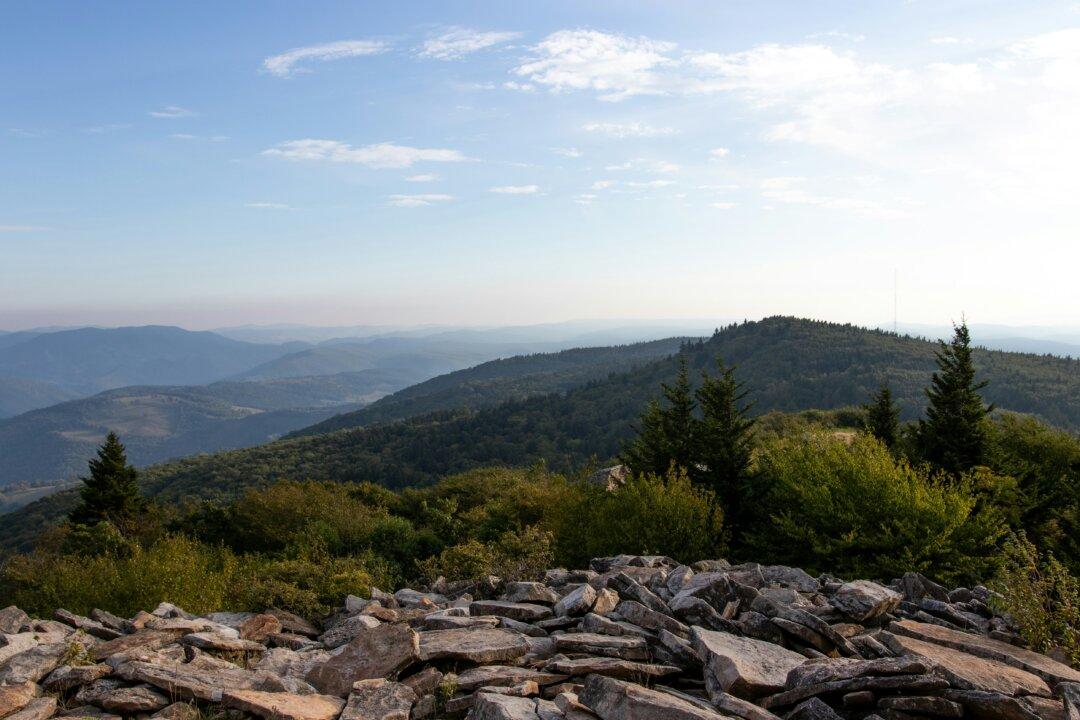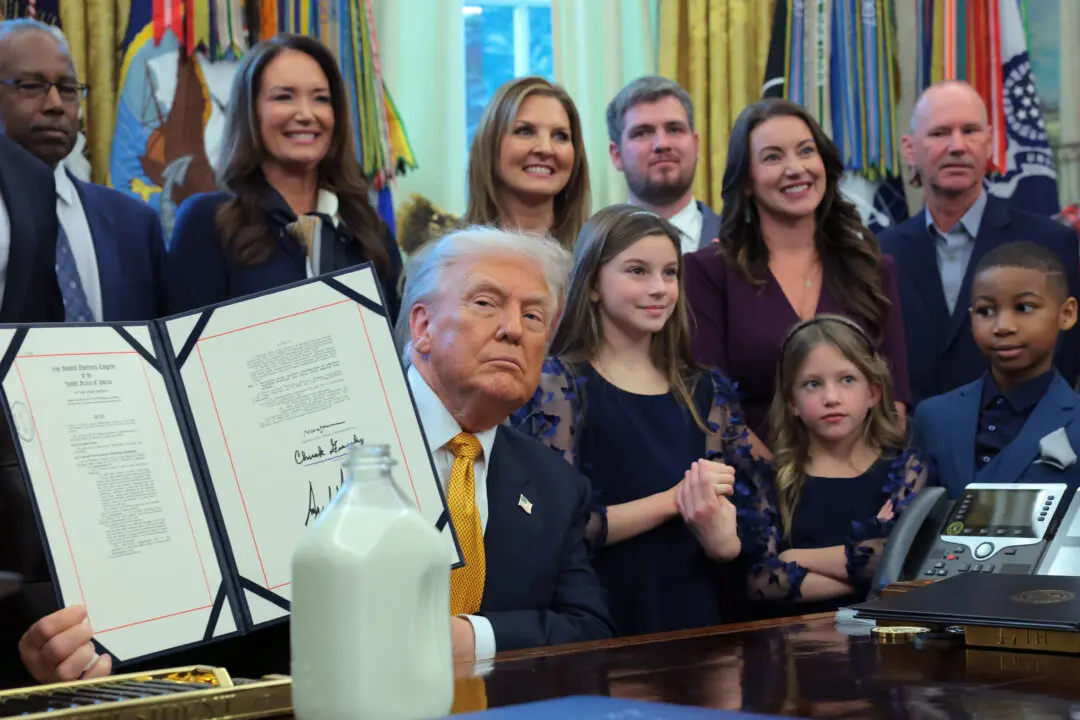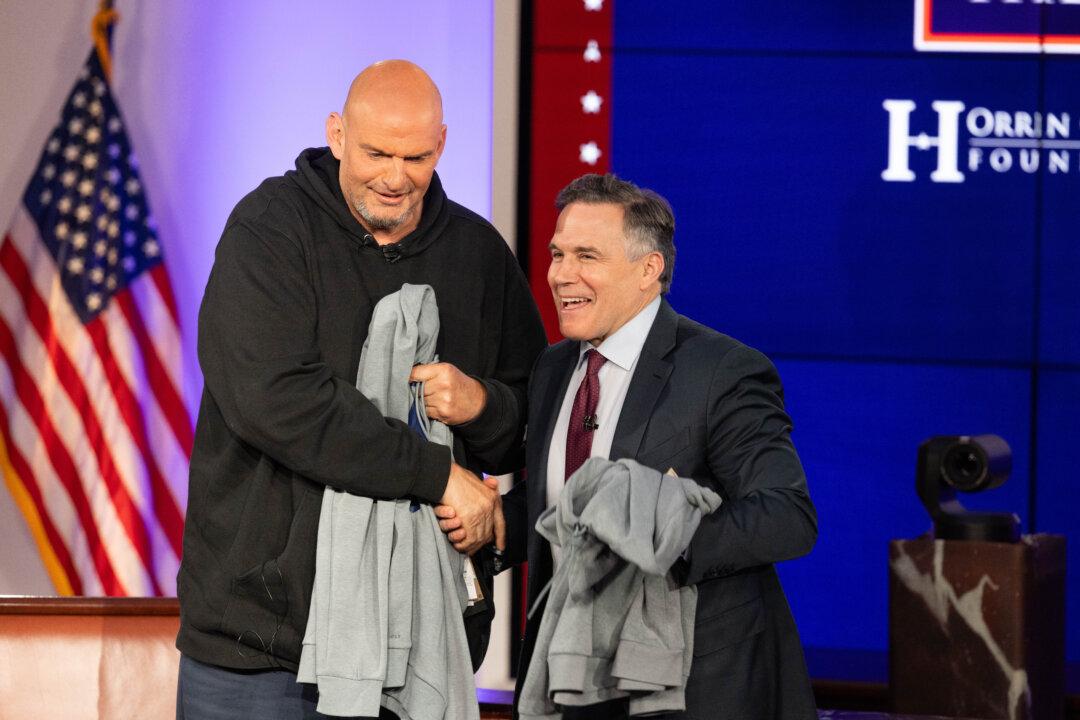Commentary
ROSS TOWNSHIP, Pa.—Seven years ago, combat veteran Jack Mook was a hard-nosed Pittsburgh detective who stumbled upon two young brothers who showed up intermittently at the boxing gym where he volunteered. The boys were living on the edge of despair: Their birth parents had failed them; their foster parents had failed them; and the system had failed them.





